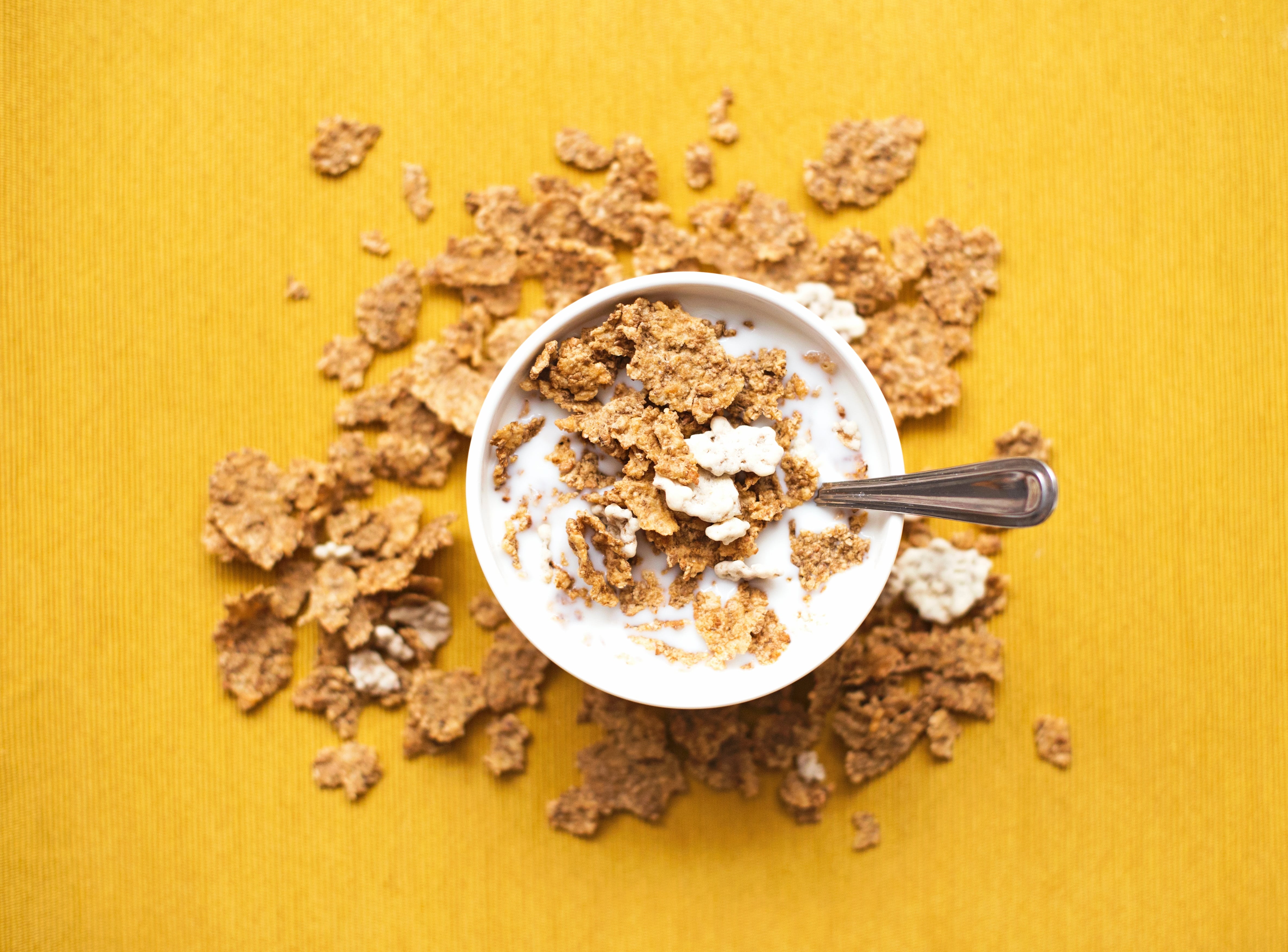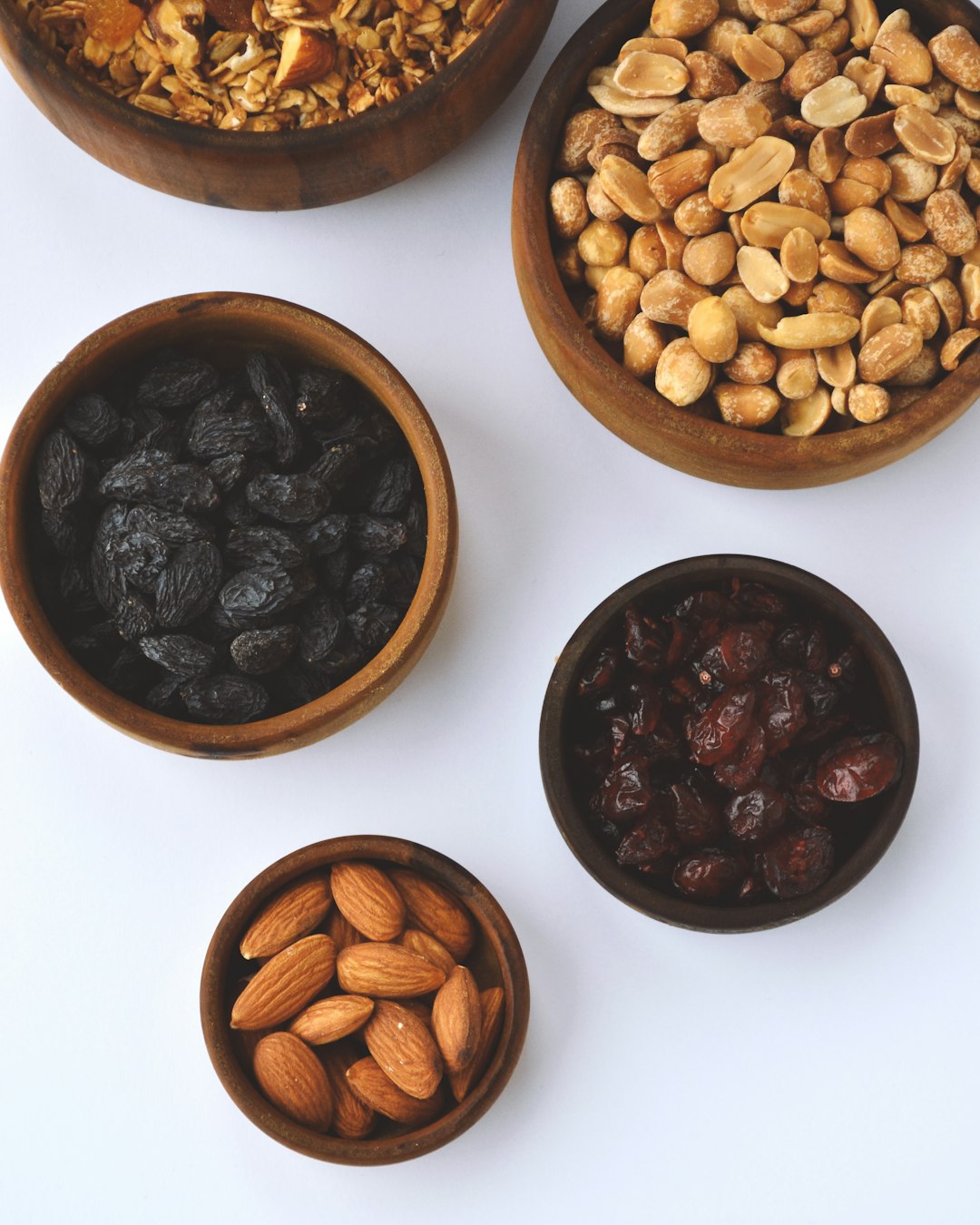Fibre? I barely know her!

By Vilhelmiina Haavisto, Deputy Science and Technology Editor
Fewer than 1 in 10 UK adults manage to pack 30g of dietary fibre into their daily meals, but the fact that most of us need to be eating more of it is becoming ever-clearer.
A new study commissioned by the World Health Organization and published in The Lancet has concluded that consuming high amounts of dietary fibre can decrease incidence of non-communicable disease including coronary heart disease, stroke, type 2 diabetes, and colorectal cancer by between 15 and 30% They also found that in clinical settings, diets high in dietary fibre were linked to significantly lower bodyweight, systolic blood pressure, and total cholesterol than those low in dietary fibre. These conclusions are based on a large-scale review and analysis of over 200 studies and clinical trials from around the world that include over 4,500 adult participants. The observed reductions in health risks were at their greatest when the participants’ daily intake of dietary fibre was between 25g and 29g, and the researchers found evidence to suggest that the relationship of high dietary fibre intake to reduced risk of non-communicable diseases could be causal.
Photo by Tetiana Bykovets / Unsplash
But what is dietary fibre, and what do we need it for? It may not be the hippest ‘superfood’ out there, but it is definitely deserving of the title. Dietary fibre is a broad term encompassing all plant-based carbohydrates that pass through the small intestine undigested, and are instead dealt with in the colon, or large intestine. Dietary fibre bulks up the food passing through the digestive system, helping you feel fuller for longer and slows the absorption of sugars.
The study also investigated the effects of whole grains on health, and found that they too have protective effects similar to those of dietary fibre. Lead author Dr Andrew Reynolds from the Department of Medicine at the University of Otago in New Zealand says that this there is “no surprise there, as whole grains ... can be major sources of fibre in the diet.” Dr Reynolds asserts that “fibre and whole grains are important physiologically, metabolically, and even to gut microbiome.”
Indeed, a 2017 study found that the diversity of microorganisms in the human gut was positively correlated with fibre intake and subsequent lower risk of obesity. Obesity is another growing public health issue that has also been associated with an increased risk of non-communicable diseases such as type 2 diabetes and cardiovascular diseases. The study argues that dietary fibre and obesity are linked; increased dietary fibre intake bolsters the diversity of the gut microbiome, which seems to be associated with lower weight gain in the future. The researchers also estimated that over 60 per cent of the variability on people’s gut microbiome is due to non-genetic factors: the composition of the gut microbiome is, therefore, highly modifiable. Findings from the Flemish Gut Flora Project reported that fruits, vegetables, and yogurts are some of the best foods for promoting microbial diversity in the gut, while high-carbohydrate diets as well as medications such as antibiotics are among the most destructive.
Co-author Professor Jim Mann, also from the University of Otago, remarks that “while we all knew that dietary fibre was good for us, we didn’t know the extent to which [this] was true.” He believes that the results of the study are “essential” to boosting our understanding of “the impact our dietary choices have on our risk of certain diseases.” Professor Mann points out that they found “an overwhelmingly positive effect, with high fibre diets being protective against heart disease, diabetes, cancers and measures of mortality.” The results from the study will be used to develop new recommendations for daily fibre intake, and also to understand the effects that different carbohydrates have on weight gain and the incidence of non-communicable diseases.
Granted, 30g of fibre per day is an ambitious target to hit for many, especially students already living on a tight budget - a medium-sized apple contains 4.4g of dietary fibre, and a serving of Sainsbury’s Basics penne only contains 3g. Ten bowls of penne every day would do it, but this is hardly practical in the long run. Luckily, the NHS website has a couple of ideas to get you started - just choosing wholemeal breads and pasta over white varieties and eating potatoes with the skins on are steps in the right direction. Vegetables, nuts, and beans are all good sources of dietary fibre too, and peppering these into your daily meals can help you inch closer to that health benefit-delivering 30g.
Featured Image: Nyana Stoica/ Unsplash
Is our lack of fibre affecting our health? Let us know your thoughts!

